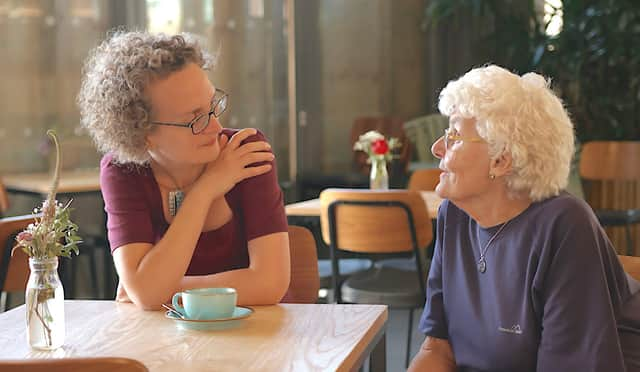Disabled women come together urging for greater access to toilets in Bristol


A new film by Bristol group Disabled Women Take Action (DWTA) aims to get more businesses signing up for the Community Toilet Scheme.
Under the umbrella of Disabled Women Take Action (DWTA), two charities, Bristol Women’s Voice and the West of England Centre for Inclusive Living (WECIL), are encouraging more businesses in Bristol to better advertise and engage with the Community Toilet Scheme.
Advertisement
Hide AdAdvertisement
Hide AdThe Community Toilet Scheme was set up by Bristol City Council following the closure of many public toilets, for businesses and organisations such as bars, restaurants, and cafes to open their toilet facilities to members of the public when needed, without having to purchase anything.
To date around 156 businesses have signed up but DWTA has found multiple issues with the scheme when using it. Staff at the members’ venue are often unaware of the scheme and prevent non-customers from using the toilets.
The new film aims to help staff understand the challenges faced by disabled women and why free access to toilets is key to meeting basic human rights and freedom of movement.
Helen Ince, co-project lead at Bristol Women’s Voice says: “The lack of access to public toilets has a knock-on effect on all aspects of a Disabled woman’s life. We know women take 2.3 times longer than men, on average, in the toilet for reasons related to menstruation, pregnancy and clothing.
Advertisement
Hide AdAdvertisement
Hide Ad“Women’s need for access to the bathroom is also more frequent because of caring for children or older people. Disabled and older women, often don’t leave the house without having already mapped where they might be able to use a toilet.
“There is also a financial burden when we cannot access free toilets. Having to spend £3 on a cup of tea or coffee whenever we want to use the bathroom becomes extortionate as well as perpetuating the cycle of needing a bathroom.”
Research has found 56% of the public deliberately dehydrate themselves over concerns about access to public toilets. This is more pronounced for women.
Fiona, a member of the DWTA says: “In Bristol, there’s not that many toilets that I know about. So if I go shopping, and I’m walking with a stroller and the toilet is a long way away, it’s really difficult to make it.”
Advertisement
Hide AdAdvertisement
Hide AdDebbie, who has a long-term stomach illness leading her to urgently need the toilet when she has episodes of it, says she plans where she goes depending on how near public toilets are.
DWTA would like to see the scheme better promoted through street signs, window displays, and sources of funding explored to support participating venues in maintaining the facilities.
Comment Guidelines
National World encourages reader discussion on our stories. User feedback, insights and back-and-forth exchanges add a rich layer of context to reporting. Please review our Community Guidelines before commenting.
